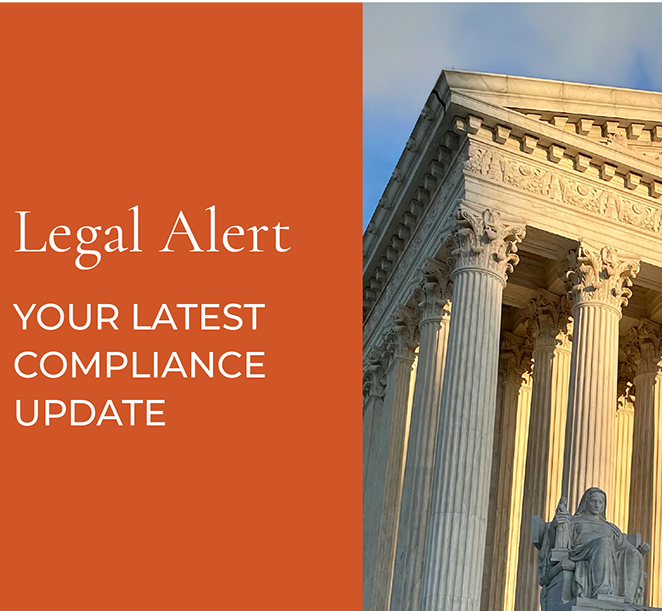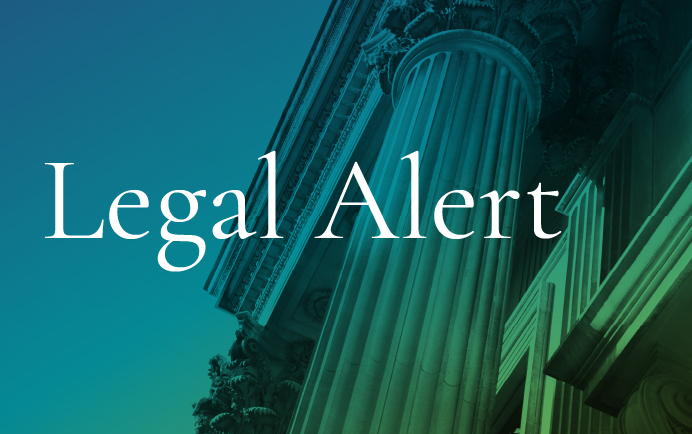HSA Expansion Option for Employers
If you're wondering how IRS Notice 2019-45 ("HSA Expansion") affects your employer-sponsored High-Deductible Health Plan (HDHP), you're not alone. This was the most asked question in a recent "2020 Employer Benefits Legislative Update" webinar with attorney Marilyn Monahan of the Monahan Law Office.
[Slides from the webinar are available to download in the free HR for HR community].
A layperson explanation of the HSA expansion
To understand what's changed, it's helpful to take a step back. When the Affordable Care Act (ACA) went into effect, it defined a narrow set of preventive services all non-grandfathered health plans had to offer at no additional cost. And, beyond the ACA-mandated preventive services, individuals on an HSA-eligible plan were required to pay 100% out-of-pocket for all other services, including prescriptions, until the deductible was met. The rules were rigid.
Now, with the HSA expansion, employers have some flexibility. It’s possible to offer HSA-eligible plans that cover (very specific) preventive services before the HDHP deductible is met ("predeductible"). And, the employee will still remain eligible to contribute to their Health Savings Account.
Important ACA Distinction
The HSA expansion does not expand the list of preventive services that the ACA says non-grandfathered health plans have to cover without cost-sharing. The ACA list of preventive services is based on a different set of standards.
This means that plans can attach copays, deductibles, etc. to the preventive services defined in Notice 2019-45. And, if the plans apply copays and deductibles below the HDHP limits, the employee is still eligible to contribute to their HSA.
The HSA expansion is optional for employers
For self-funded and fully-insured plans, employers have the option to offer more. Forward-looking carriers are offering an HSA-eligible "buy-up" plan to accommodate the expansion.
What conditions does the HSA expansion include?
The IRS offers guidance, as well as a very specific list of Preventive Care for Specified Conditions, for Individuals Diagnosed with specified conditions, in IRS Notice 2019-45 (shown in the table below).
| Preventive Care for Specified Conditions | For Individuals Diagnosed with |
|---|---|
| Angiotensin Converting Enzyme (ACE) inhibitors | Congestive heart failure, diabetes, and/or coronary artery disease |
| Anti-resorptive therapy | Osteoporosis and/or osteopenia |
| Beta-blockers | Congestive heart failure and/or coronary artery disease |
| Blood pressure monitor | Hypertension |
| Inhaled corticosteriods | Asthma |
| Insulin and other glucose lowering agents | Diabetes |
| Retinopathy screening | Diabetes |
| Peak flow meter | Asthma |
| Glucometer | Diabetes |
| Hemoglobin A1c testing | Diabetes |
| International Normalized Ratio (INR) testing | Liver disease and/or bleeding disorders |
| Low-density Lipoprotein (LDL) testing | Heart disease |
| Selective Serotonin Reuptake Inhibitors (SSRIs) | Depression |
| Statins | Heart disease and/or diabetes |
Should we offer an HSA expansion plan?
Possibly.
Why it may be worth considering: the broader message is that it may be a cost-effective way of paying to prevent future expenses and makes an HSA more employee-friendly.
Why it may not be worthwhile: the added expense of a buy-up plan may cut into the funds available to incentivize HSA adoption with an employer contribution or reduce the employee premium cost. It also "penalizes" the broader group, who is already subsidizing those with chronic conditions through higher premium costs.
We're here to help.
My team and I can provide guidance on what will best serve your organization and your people. Our specialty is helping companies like GoFundMe, Greenhouse, SquareTrade, and Wealthfront efficiently and cost-effectively scale their benefits programs.
For a complimentary benefits analysis, I encourage you to contact us.





